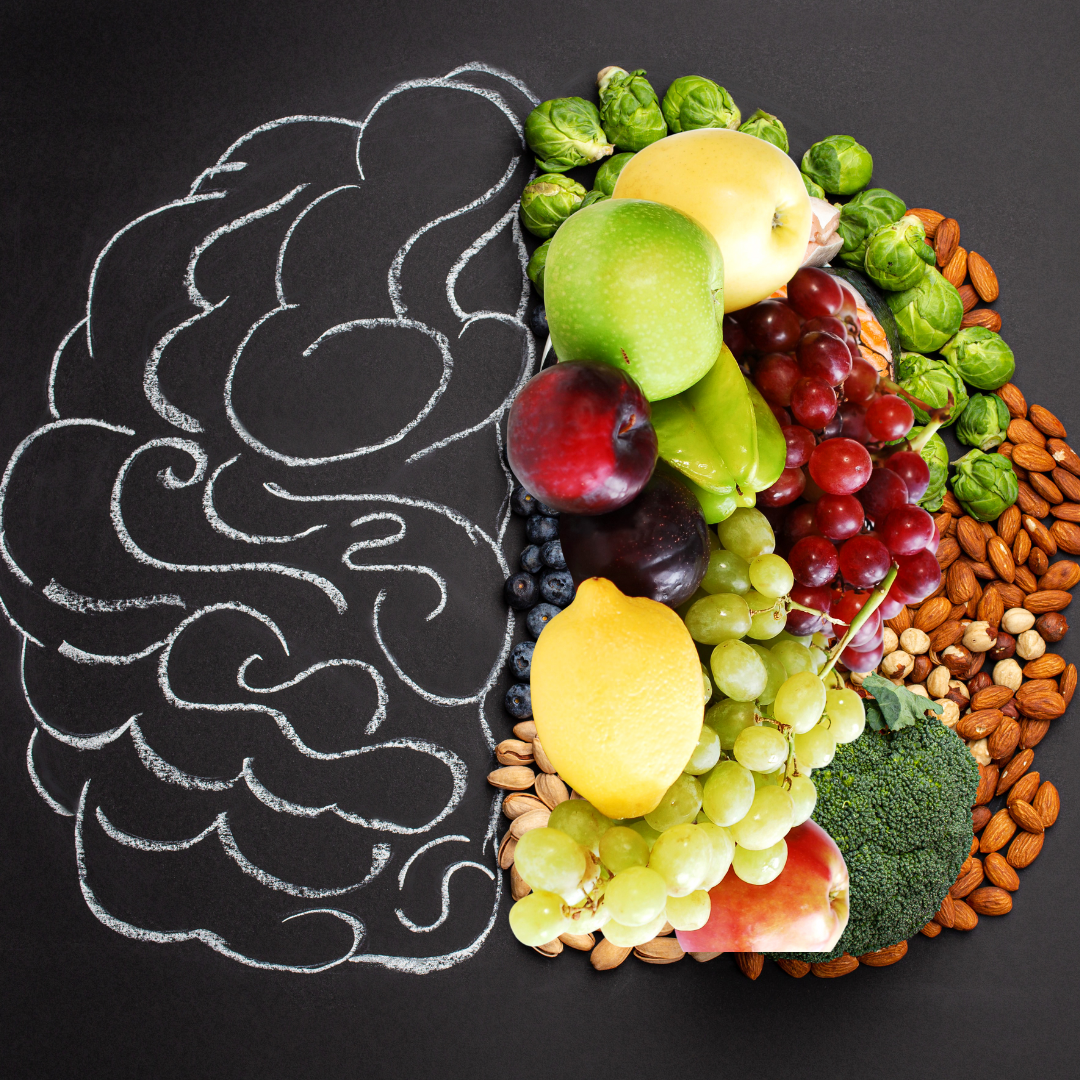The Brain-Gut Connection – Explained Simply
The brain-gut connection refers to the bidirectional communication between the central nervous system (brain and spinal cord) and the enteric nervous system (a complex network of neurons in the gastrointestinal tract, often referred to as the “second brain”). This connection is a dynamic and intricate relationship that involves neural, hormonal, and immunological signaling. Understanding the brain-gut connection holistically means considering all the different factors involved in this complex interaction.
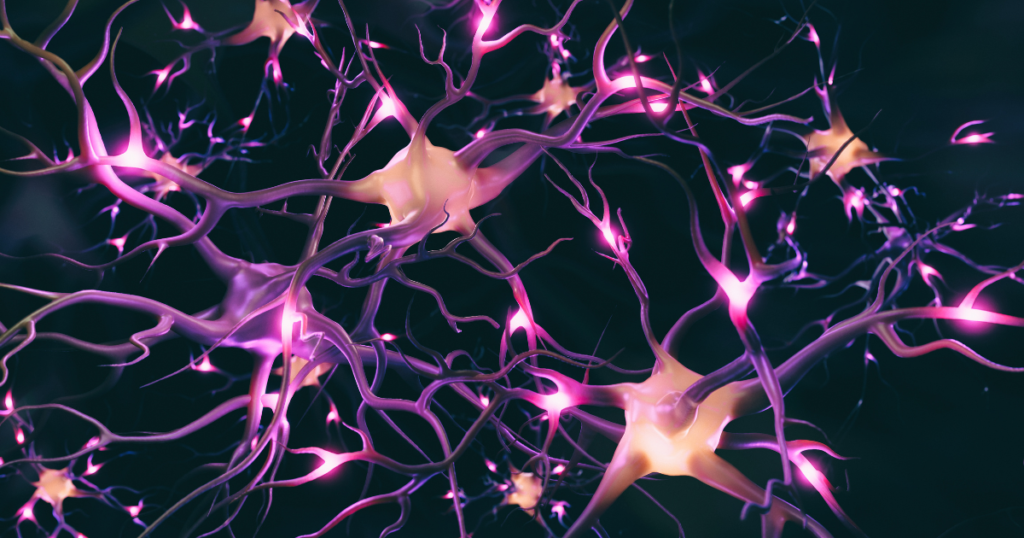
Neurotransmitters and Neuropeptides: The brain and the gut communicate through the release of neurotransmitters and neuropeptides. For example, serotonin, a neurotransmitter associated with mood regulation, is found in large quantities in the gut. The gut also produces other neurotransmitters such as dopamine and gamma-aminobutyric acid (GABA).
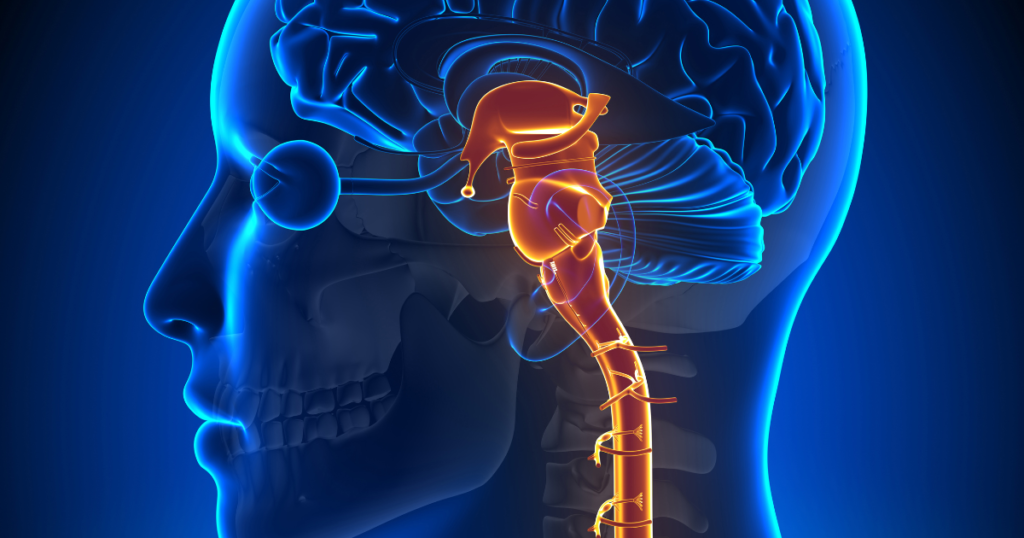
Vagus Nerve: The vagus nerve is a major player in the brain-gut connection. It is a long nerve that runs from the brainstem to the abdomen, connecting the brain to the digestive organs. The vagus nerve plays a crucial role in regulating various bodily functions, including digestion, inflammation, and mood.

Hormones: Hormones released by the brain and the gut influence each other. For example, stress hormones such as cortisol can affect gut function and contribute to gastrointestinal issues. Conversely, hormones produced in the gut, such as ghrelin and leptin, can influence appetite and energy balance, potentially impacting mood and cognitive function.
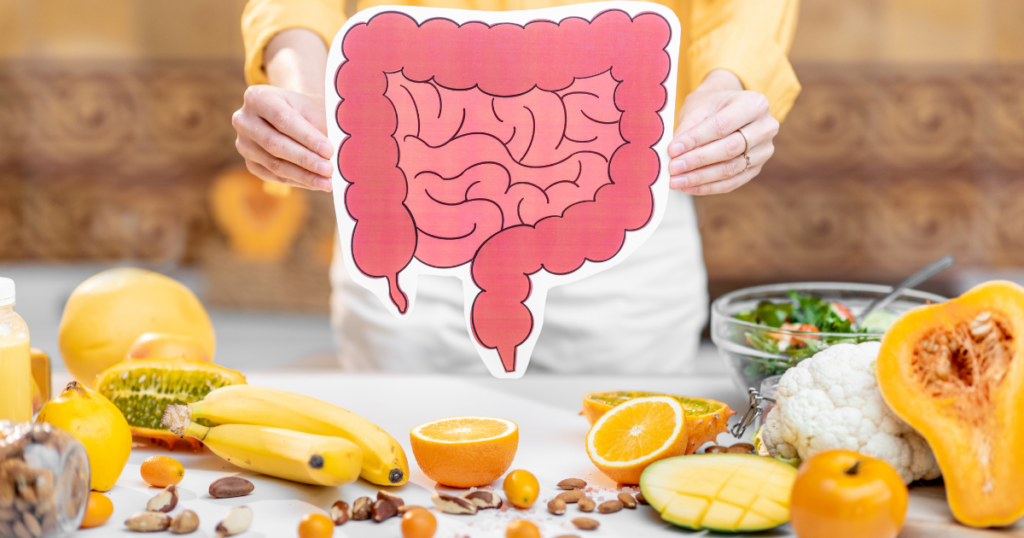
Microbiota-Gut-Brain Axis: The gut is home to trillions of microorganisms collectively known as the microbiota. The composition of the microbiota can influence the communication between the gut and the brain. The microbiota-gut-brain axis involves the bidirectional signaling between gut microbes and the central nervous system, influencing aspects of behavior, mood, and cognition. The BEST thing we can do for our gut microbiome is to eat fiber-rich foods! Follow the expert in the field.
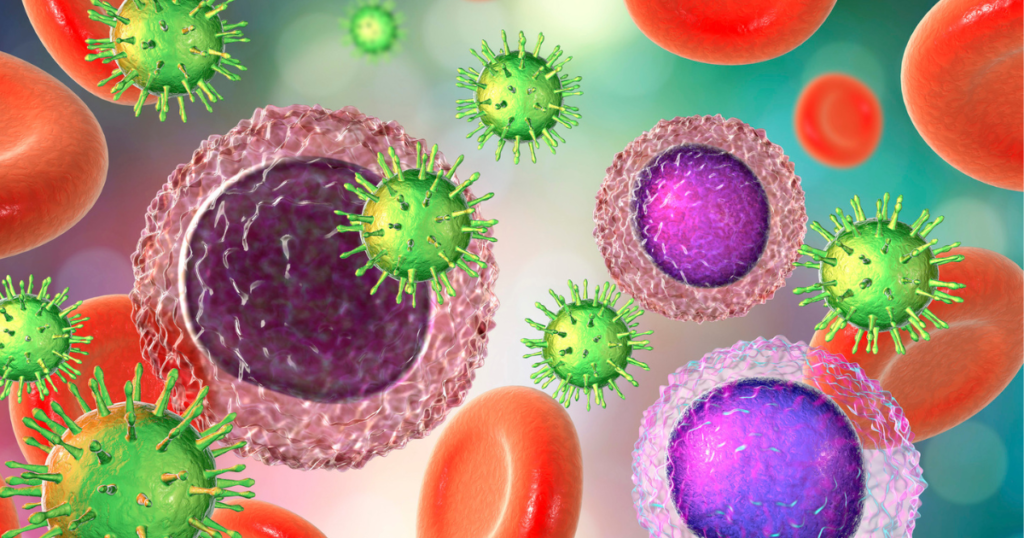
Immune System: The gut houses a significant portion of the body’s immune cells. Communication between the immune system and the nervous system is critical for maintaining overall health. Dysregulation in the immune response in the gut can impact the brain and vice versa.

Emotional and Psychological Factors: Emotional and psychological states, such as stress, anxiety, and depression, can influence gut function and vice versa. This connection is often referred to as the “gut-brain axis.” Stress, for example, can lead to changes in gut motility, secretion, and permeability.
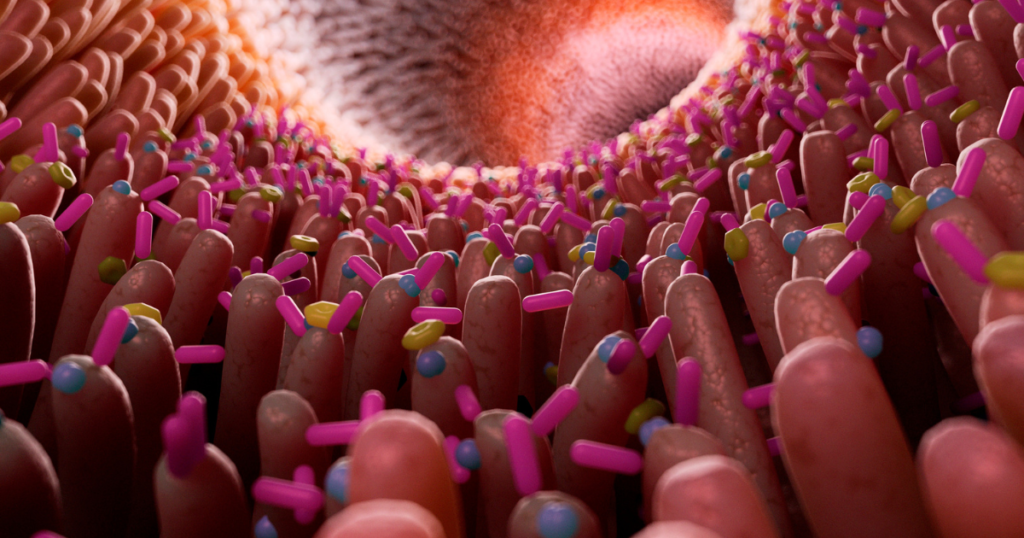
Nutrient Absorption: The gut is responsible for the absorption of nutrients from food, and these nutrients can have an impact on brain health. For instance, certain vitamins and minerals play essential roles in cognitive function and neurotransmitter synthesis.
The brain-gut connection highlights the need to view the body as an interconnected system. Diet, lifestyle, stress, and emotional well-being all affect the balance between the brain and gut. An integrated approach focuses on overall health, not just symptoms. Adding simple foods like smoothies and salads, without needing to be vegan or plant-based, can easily boost fiber intake, support your gut microbiome, and improve overall health.

Get a Vitamix blender today and enjoy a creamy smoothie tomorrow!

